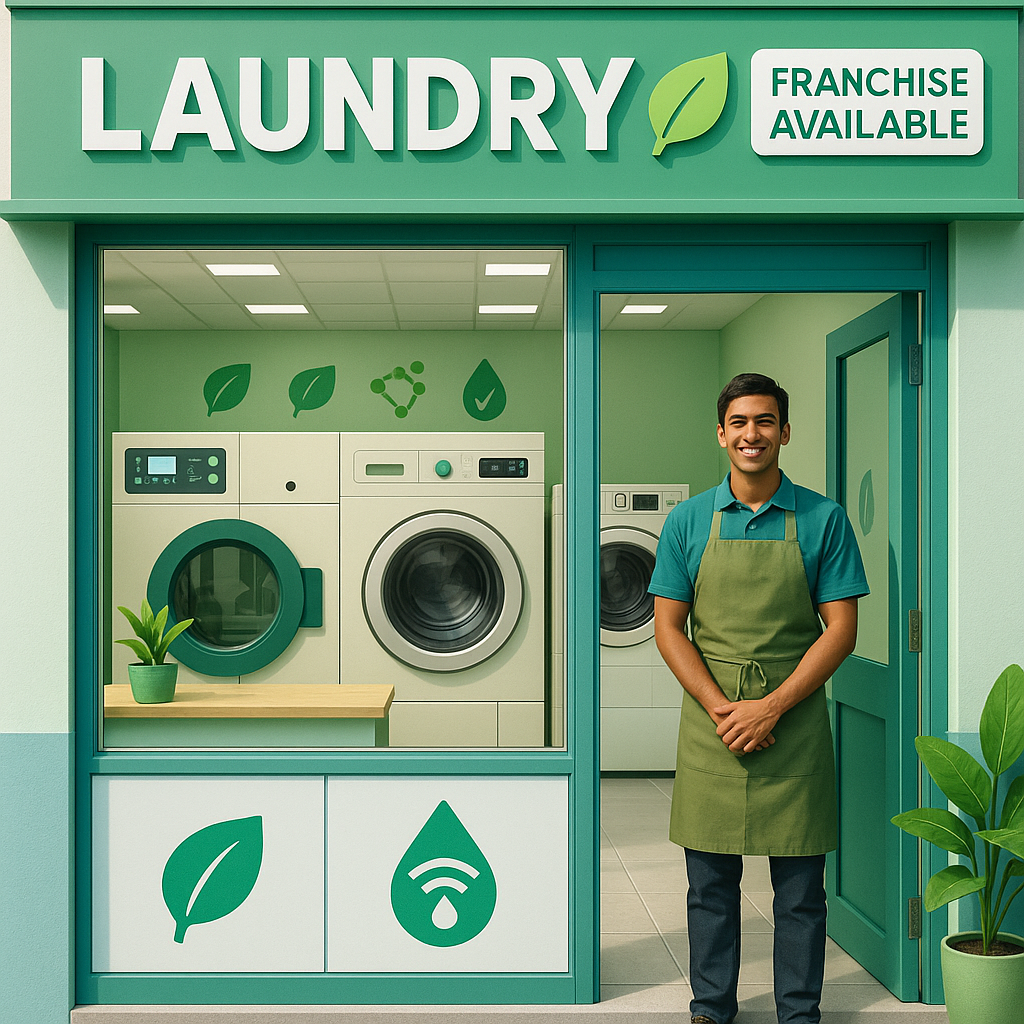
📈 Are Laundry Franchises in India Profitable? A Look at Franchise Relations and Innovation Sharing
Laundry franchises in India have seen rapid growth due to increasing urbanization, dual-income households, and a rising preference for professional garment care. While profitability varies based on location, service quality, and operational efficiency, many franchisees report moderate to strong margins—especially when run with tight cost controls and strong local marketing. However, high rentals and workforce management remain common challenges in the laundry franchise India space.
Understanding the Franchise Laundry Business Model in India
The franchise laundry business model plays a crucial role in long-term success. A healthy franchise system is built on mutual trust, consistent communication, and aligned objectives. Unfortunately, in some laundry chains, franchisees often express concerns about lack of transparency, rigid SOPs, and delayed support—factors that can restrict agility and innovation.
Laundry Service Innovation and Technology in India
One major point of contention is laundry service innovation. While franchisors may invest in new technology (e.g., garment tagging, CRM systems, eco-friendly dry cleaning solutions), not all franchise partners receive timely access or proper training. This results in a fragmented customer experience and leaves smaller outlets behind. An equitable system should ensure that all innovations, process upgrades, and marketing tools are democratically rolled out across the network.
Common Challenges in the Laundry Franchise Business in India
Furthermore, issues like local territory saturation, poor demand forecasting, and lack of performance-based rewards often go unaddressed. Franchisees need not only brand strength but also business empowerment. Many aspiring entrepreneurs exploring small franchise opportunities in India often underestimate the operational hurdles in the dry cleaning startup India market.
Conclusion
In conclusion, while laundry franchises in India can be profitable, their success heavily depends on how inclusive, transparent, and forward-thinking the franchisor is. A strong partnership—with shared innovation, continuous support, and local autonomy—is key to sustainable growth for both parties.
Secure Kiosk Mode
Lock your device to DryLaun, block unwanted apps, and keep your staff focused while managing your store with a secure, distraction-free laundry billing management system.
Learn More →

